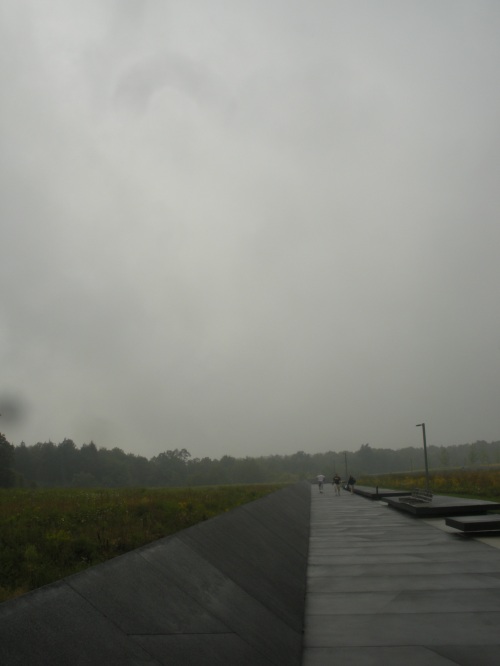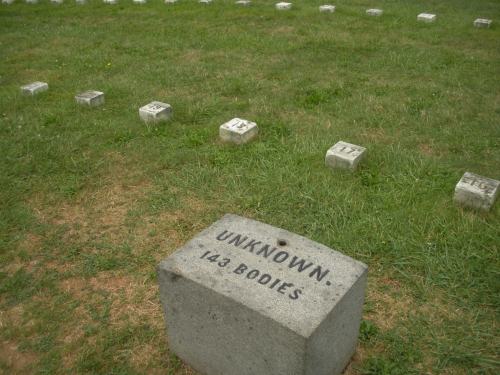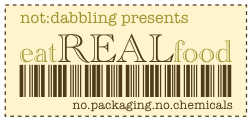There are steps to creating a sustainable life.
In our society the realities of sustainability run up against the national character. Rigid self-sufficiency and individualism are the holy grail; in the words of Maxwell Anderson, how you can tell an American is that you cannot tell him what to do, even when it’s in his own best interest. In the current political insanity, any suggestion that we try to save our common heritage–like, for instance, the air–through sensible regulation, is excoriated as “removing choice.”
Enter the idea of the commons–those things that we own together, starting with the air, but also the water, the language, the creative works of humanity.
What I’ve discovered through the creation of the Peterson Garden Project, is that for many sustainable initiatives that revolve around community action, we lack a language. The language of communal action has been removed from the dialog, or vilified as “communist” or “socialist.” But some things, even most things cannot be done alone. The old saying that ‘your right to swing your fist ends at my nose” needs to be understood again to extend to our food and our health.
A new language does exist, in the old language, through the concept of the commons. What we hold together. What we all must use, but also spare, share, and save. Where our right to swing our so-called individual rights ends at the epidemic asthma in the inner cities because of pollutants, or the loss of aquifers because private owners have drained the wetlands that used to belong to all of us. We’ve allowed private bank accounts to be the fist, but haven’t stopped their swing at our collective nose.
Last week was the annual Good Fest Festival in Chicago (formerly the Family Farmed Fest), a really wonderful trade show all about restoring local, sustainable food systems to the urban landscape. The exhibitors are all local farmers and food makers. It’s where I first learned how to change my diet to nearly 100% local food.
This year my friend LaManda Joy of The Yarden, founder of The Peterson Garden Project, was on the panel “Growing A Good Food Community”, about building urban communities through gardening and creating gardens by building urban communities. The interesting thing was that her fellow panelists were my old high school friend Jay Walljasper and Julie Ristau of On The Commons.
The panel, moderated by Megan Larmer of Slow Food Chicago, was beautifully constructed around the steps we need to take back collective ownership, working in a very American way, through individual action.
It starts, as I say, with the language. Jay talked about first, the need to start thinking again about the commons, and also laid out a basic way to think about the commons again. As important, he talked about how language can lead this new, old way of thinking, focusing right in on the difficulties I have had getting funders in particular to understand that what we’re doing is not a farm with a single owner or board, but collective action for individual benefit.
But it cannot stop with the language; only talking only works for academics. Enter Julie Riskau, founder and former publisher of the Utne Reader and current spokeperson for On The Commons. Julie talked about turning language into policy initiatives of the sort that lead to intelligent municipal ordinances which, for instance, stop creating criminals of people who put their edible gardens in their front yards because that is where the sun is.
But policy is only effective with an army of individuals putting it to work at street level. Which is where LaManda Joy and her Pop-up Victory Gardens come in, as well as the many other community gardening, and community preserving, and farmers markets, local school councils, in fact all of the community-based efforts that will save our cities and towns.
We need to restore the language, so we can affect the law, so we can own the activities that will make our communities livable.
Read Full Post »




















